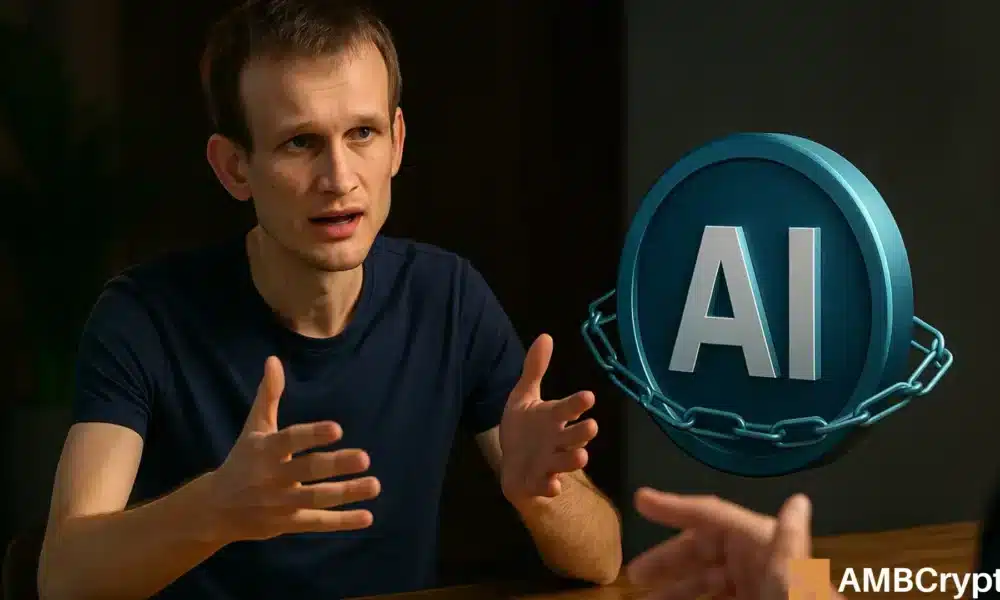
As the world increasingly adopts AI-driven technologies, concerns over security and misuse are on the rise. Ethereum Co-Founder Vitalik Buterin has brought attention to the vulnerabilities posed by AI tools like ChatGPT and advocated for the future of ‘info finance’ over ‘AI governance.’ Buterin’s forward-thinking ideas emphasize the importance of human oversight and decentralized governance systems to ensure the security and reliability of crypto ecosystems.
The Rise of AI and New Security Challenges
Artificial Intelligence (AI) tools like OpenAI’s ChatGPT have revolutionized many industries by connecting with utilities such as Gmail, Notion, and SharePoint to streamline workflows. However, these advancements also introduced potential security risks. The recent launch of the Model Context Protocol (MCP) showed how users could gain extended functionality but raised concerns over data breaches.
Notably, security researcher Eito Miyamura exposed a vulnerability whereby malicious actors can exploit MCP via a simple calendar invite. By embedding a jailbreak prompt, attackers trick the system into accessing private emails and other sensitive data without the user’s consent. While OpenAI implemented measures like human approval in developer mode, this may not be foolproof for average users facing decision fatigue.
Vitalik Buterin’s Vision for Safe Governance
Amid these challenges, Buterin advocated for a balanced approach that combines AI functionality with human insights. He stated, “You always have to bootstrap from some ground truth signal that you trust. Realistically, it should be a human jury, aided by artificial intelligence.” This synergy between human expertise and AI capabilities could mitigate risks of exploitation.
Buterin also criticized overreliance on AI-based decision-making, noting that jailbreaks and manipulation could disrupt decentralized governance systems. He proposed the concept of ‘info finance,’ a governance framework where decisions emerge in an open marketplace with human spot checking and final judgment. This ensures that transparency and accountability remain the hallmarks of decentralized systems like Ethereum.
How ‘Info Finance’ Secures the Future of Crypto
Buterin stressed that AI-based fund allocation may expose crypto treasuries to vulnerabilities. Using Ethereum’s own fiscal policies as a guide, he suggested frameworks that prioritize transparency and sustainability. For instance, the Ethereum Foundation recently adopted a Treasury Policy shifting from passive ETH holdings to more active, yield-driven investments without compromising decentralization values.
Buterin’s emphasis on a decentralized, human-oversight model aligns with blockchain’s core principles. To this end, he also praised Codex, a stablecoin-focused Layer 2 solution optimized for payments. Codex’s strategic innovations exemplify how info finance policies can bolster the larger crypto ecosystem for long-term growth.
Conclusion
As AI continues to reshape the technological landscape, the importance of secure and transparent governance becomes clearer. Vitalik Buterin’s ‘info finance’ model offers a viable solution to ensure that decentralized systems remain resilient against risks while fostering innovation. By blending human judgment with AI support, this approach builds trust and safeguards the future of cryptocurrencies.
Product Spotlight: For those looking to safeguard their digital assets, check out the Ledger Nano X, a leading hardware wallet offering robust security and easy management for cryptocurrency portfolios.






